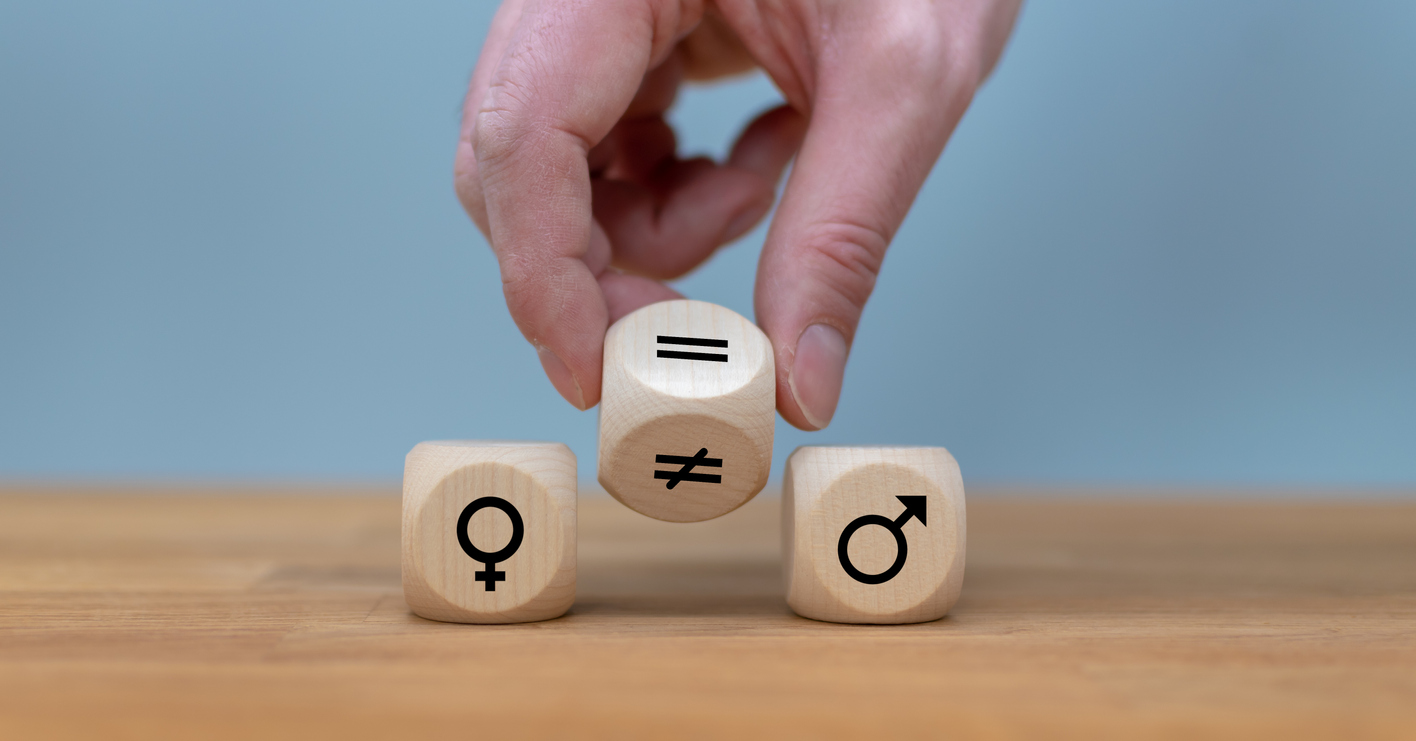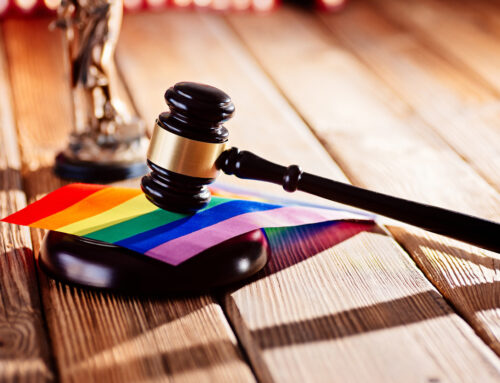The Equality Act is one of President Joe Biden’s legislative priorities. In a release from the White House, President Biden stated that the bill is a “critical step toward ensuring that America lives up to our foundational values of equality and freedom for all.” Unfortunately, many Republicans do not agree with this statement.
The President went on to say that full equality has been denied to LGBTQ Americans and their families for too long. With discrimination still rampant in many areas of society, the Equality Act seeks to provide LGBTQ Americans with federal civil rights protections that are long overdue.
What Does the Equality Act Protect?
The Equality Act (H.R. 5 – 117th Congress) prohibits discrimination based on sexual orientation, sex, and gender identity in several key areas where equality has been lacking.
The Act applies to areas including:
- Federal funding
- Housing
- Jury system
- Education
- Employment
- Credit
The Act defines and includes sexual orientation, sex, and gender identity among the protected categories for discrimination or segregation.
It also expands public accommodations to include places, such as:
- Services, programs, and goods
- Transportation services
- Displays, exercise, exhibitions, amusement, recreation, and gatherings
The Act also prohibits a person from being denied access to a shared facility, such as a locker room, restroom, or dressing room, according to a person’s gender identity.
The Department of Justice will have the ability to intervene in equal protection actions in federal court based on gender identity or sexual orientation.
Uphill Battle in the Senate
The House of Representatives passed the same legislation two years ago. However, the Act was stopped by the Republican-controlled Senate. Now that Democrats control both chambers of Congress, they can move the Act through the House and into the Senate.
As expected, the Equality Act passed the House with the votes of all Democrats and three Republicans. It is now in the Senate for consideration.
However, the Senate is evenly divided with a tiebreaker vote by the Vice President. It will take 60 votes to overcome a legislative filibuster. It is highly unlikely that 10 Republicans will vote with the Democrats to pass the Equality Act.
Some Republicans argue that the Act endangers the safety of women because it allows access to shared facilities based on gender identity. They also argue that the Act endangers religious freedoms because the Religious Freedom Restoration Act would not apply to any claims filed under the Equality Act.
Sen. Chuck Schumer has committed to using his power as majority leader to put the measure on the floor for a vote. Republicans would then need to take a stand to vote for or against the Act.
In June 2020, the U.S. Supreme Court extended workplace protections for LGBTQ Americans through its decision in Bostock v. Clay County. However, many groups argue that the legislation is necessary to codify the court’s decision. They argue that there still needs to be specific federal protections for LGBTQ Americans beyond the workplace.
Other Priorities of the Biden Campaign
President Biden campaigned on numerous promises to the LGBTQ community. The Biden Plan to Advance LGBTQ Equality in America and Around the World included passing the Equality Act.
It also includes priorities, such as:
- Expanding access to high-quality care for LGBTQ Americans
- Protecting and supporting LGBTQ youth
- Ensuring fair treatment for LGBTQ Americans in our criminal justice system
- Protecting LGBTQ Americans from violence and working to end violence against LGBTQ Americans
- Advancing global LGBTQ rights
- Collecting data to support the LGBTQ community fully
The Biden Administration prioritized passing the Equality Act within the first 100 days after the inauguration. Unfortunately, Republicans in the Senate continue to fight the Act and stand together to block passage. It remains to be seen what Senate Democrats and the Biden Administration can do to pass the Act.
What Should You Do if You Are the Victim of Discrimination as an LGBTQ American?
State laws regarding LGBTQ rights vary. Depending on your state, you may have several protections that do not exist under federal anti-discrimination laws.
If you believe that you are the victim of LGBTQ discrimination, contact a discrimination lawyer specializing in LGBTQ cases. An attorney can review your case and explain the laws that could help you hold the discriminating party financially liable for damages caused by their discrimination.
Knowledge is power when it comes to fighting LGBTQ discrimination. Attorneys who work closely with the LGBTQ community to fight discrimination are your best source for information and guidance as you fight for your legal rights inside and outside of the courtroom.



